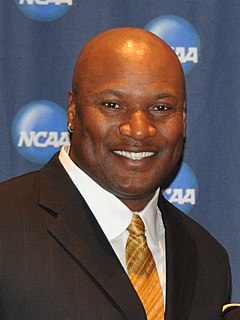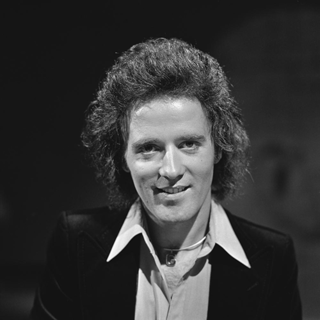A Quote by Adora Svitak
We all love people who give credit to others for their success. Companies would probably do better with CEOs who didn't blow their own horn and ask for ridiculous salaries and new yachts every year.
Related Quotes
When it comes to building your business and developing a powerful network, you'll want to develop a reputation as someone who highlights others. Not only does this give credit where credit is due, it also communicates that you're secure with your success and have the ability to promote others in your industry.
Remember back in the nineties, a bunch of Democrats decided to tax luxury items, including yachts? They figured it was not fair that some people could afford yachts, and so since they could, they said, "We're gonna tax the hell out of yachts at the point of sale, 'cause it's not fair. We need to collect revenue from all this!" What happened was that the people who actually build the yachts lost their jobs because people stopped buying them.
The insurance companies make about $15 billion a year. They have doubled their profit margin under Obamacare. And so now we're going to take a lot of this and call it a stabilization fund, but really it's a bailout of insurance companies. And I just think that's wrong. I just can't see why ordinary, average taxpayers would be giving money to very, very wealthy corporations. An analogous situation would be this: We all complain that new cars cost too much. Why don't we have a new car stabilization fund and give $130 billion to car companies?
When I personally feel like I belong to the world, it is because I am with people I love in places I love. So I decided that would be my solution. I set All the World in a place I love - the central coast region of Southern California - and populated it with people and things that I love. I stopped worrying that I wasn't representing every place, every person, every possible experience. And I hoped that through this personal expression of mine, others would find their own personal meanings as well.
Most employers I speak to, they want to create jobs and give decent salaries. Some small and medium companies say to me they cannot afford to pay the living wage. I say "what about if I gave you a business rate cut?" and they say, yes, ok. We want companies which are skilled up, generating more profit, more corporation tax - we should not be embarrassed at success, as long as they pay their taxes.
Last year, the journalist Malcolm Gladwell conducted a survey of chief executive officers of Fortune 500 companies for his book Blink. He discovered that while in the US population 14.5 per cent of all men are 6ft (1.83m) or taller, among CEOs of Fortune 500 companies the proportion is 58 per cent. And while 3.9 per cent of American adults are 6ft 2in or taller, almost a third of the CEOs were that tall.



































